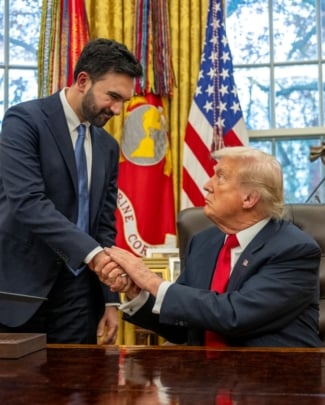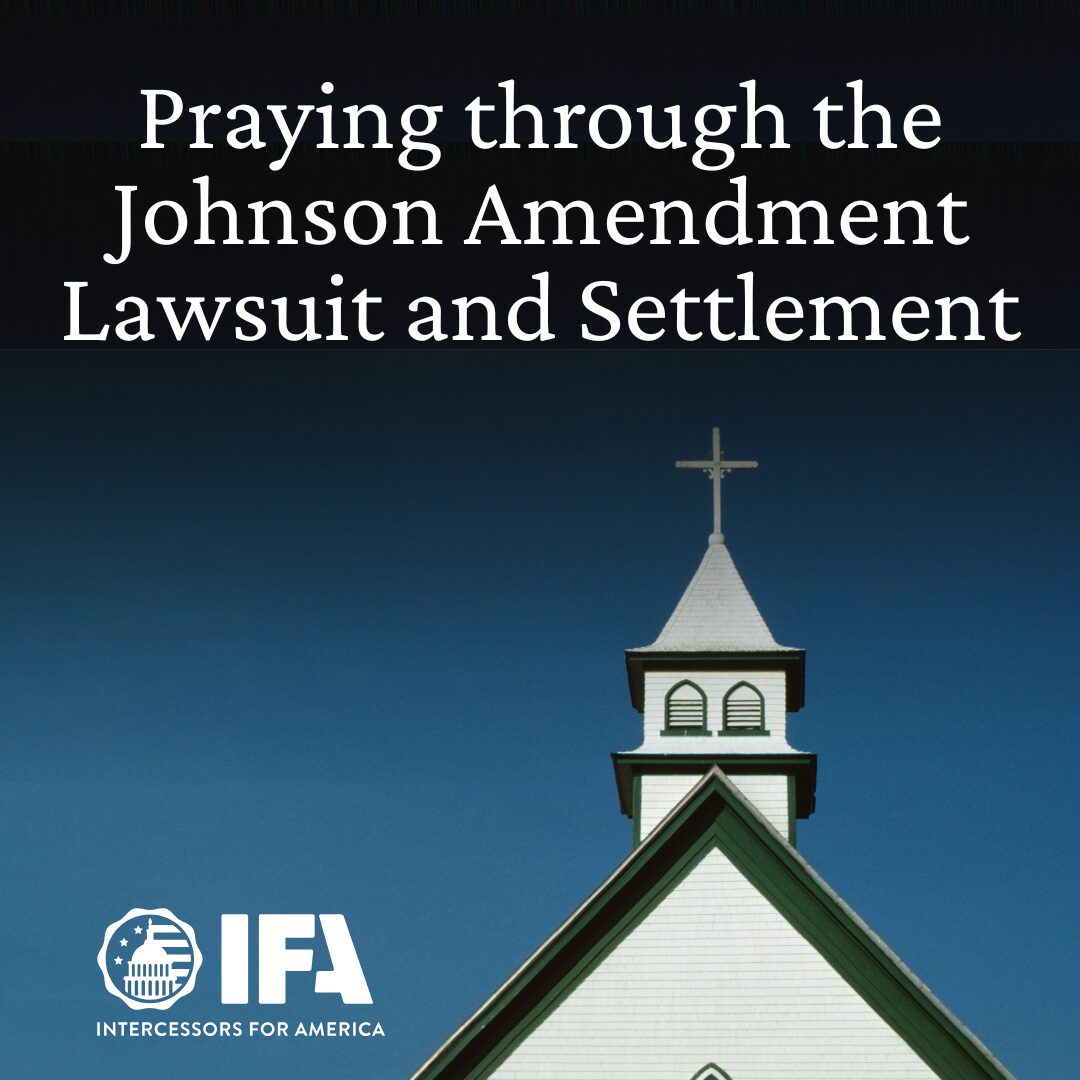HIGH BLOOD PRESSURE AND CORONAVIRUS LINK?
THE FIRST PUBLICLY-BROADCAST MUSLIM CALL TO PRAYER IN U.S.
WHEN GOD RESISTS–WHAT OUR LAND NEEDS TO HEAL
IF SATAN WOULD HAVE KNOWN . . .
A WORD FROM AN INTERCESSOR: AM I CLEAN ON THE INSIDE?
HIGH BLOOD PRESSURE AND CORONAVIRUS LINK?
Scientists are baffled by how the coronavirus attacks the body – killing many patients while barely affecting others.
But some are tantalized by a clue: A disproportionate number of patients hospitalized by COVID-19, the disease caused by the virus, have high blood pressure. Theories about why the condition makes them more vulnerable – and what patients should do about it – have sparked a fierce debate among scientists over the impact of widely prescribed blood-pressure drugs.
Researchers agree that the life-saving drugs affect the same pathways that the novel coronavirus takes to enter the lungs and heart. They differ on whether those drugs open the door to the virus or protect against it. Resolving that question has taken on new urgency after an April 8 report by the U.S. Centers for Disease Control and Prevention showed that 72% of hospitalized COVID-19 patients 65 or older had hypertension.
The drugs are known as ACE inhibitors and ARBs, broad categories that include Vasotec, Valsartan, Irbesartan, as well as their generic versions. In a recent interview with a medical journal, Anthony Fauci – the U.S. government’s top infectious disease expert – cited a report showing similarly high rates of hypertension among COVID-19 patients who died in Italy and suggested the medicines, rather than the underlying condition, may act as an accelerant for the virus.
Efforts to understand how the virus uses the pathway to the heart and lungs, and the role of the medicines, are complicated by a lack of rigorous studies.
“There are millions of Americans that take an ACE inhibitor or AR daily,” said Dr Caleb Alexander, co-director of the Johns Hopkins Center for Drug Safety and Effectiveness in Baltimore. “This is one of the most important clinical questions.”
An estimated 100 million U.S. residents suffer from high blood pressure, which increases the risk of heart disease, stroke and kidney failure. About four-fifths of them need to take prescription drugs to control it, according to the CDC. ACE inhibitors and ARBs are widely prescribed to patients with congestive heart failure, diabetes or kidney disease. The drugs account for billions of dollars in prescription sales worldwide.
The absence of clear answers on how the drugs impact COVID-19 patients has sparked rampant speculation in correspondence and editorials posted on medical journal websites and those where scientists share unreviewed, pre-publication study drafts.
Many patients are agonizing over whether their medicines will help or hurt them. Doris Kertzner, 88, of Redding, Conn., said she has carefully followed experts’ guidelines for preventing infection and keeps her distance from others in her retirement community. Now she has a new worry: She takes losartan, an ARB, and can’t decide whether to stop.
Dropping the medicine “presents its own problems” in dealing with her high blood pressure.
“It’s gotten very complicated,” she said.
Dr Carlos M. Ferrario – a researcher at the Wake Forest University School of Medicine and co-author of widely cited studies on ACE inhibitors – understands patients’ plight.
“There is a lot of paranoia and a lot of speculation with very little fundamental, convincing information,” he said.
The National Institutes of Health in the United States has put out a call seeking proposals for studies into the issue. An independent consortium of researchers has launched a global study to analyze health records for thousands of COVID-19 patients in the United States, Europe and Asia. That project is part of the Observational Health Data Sciences and Informatics program, an open-source research platform that enables large-scale studies.
Dr Marc Suchard – a biostatistician at the University of California, Los Angeles who is leading the study – said that it aims to determine whether the medicines make infections more likely or more severe – or, by contrast, whether they help protect against the virus. Suchard said he expects a preliminary report within two weeks.
MORE TARGETS FOR THE VIRUS
There is evidence that the drugs may increase the presence of an enzyme – ACE2 – that produces hormones that lower blood pressure by widening blood vessels. That’s normally a good thing. But the coronavirus also targets ACE2 and has developed spikes that can latch on to the enzyme and penetrate cells, researchers have found. So more enzymes provide more targets for the virus, potentially increasing the chance of infection or making it more severe.
Other evidence, however, suggests the infection’s interference with ACE2 may lead to higher levels of a hormone that causes inflammation, which can result in acute respiratory distress syndrome, a dangerous build-up of fluid in the lungs. In that case, ARBs may be beneficial because they block some of the hormone’s damaging effects.
Novartis International AG and Sanofi SA are among the major drugmakers selling ACE inhibitors and ARBs.
Sanofi spokesman Nicolas Kressmann said that patients should consult their doctors on whether to continue taking the drugs but that the company has found insufficient evidence that they worsen COVID-19 through its own assessment of available scientific data.
The company reviewed several recent studies from China that came to conflicting conclusions about whether COVID-19 patients with hypertension fare worse than other patients, he said.
Novartis has not issued any guidance to clinicians or patients and defers to scientists studying the issue, said spokesman Eric Althoff.
Researchers and doctors generally agree that people with severe hypertension or heart failure should keep taking the drugs because of the high risks of stopping. The debate centers on how to advise the many patients with milder conditions who take the drugs. Two camps have emerged – one calling for no action unless the drugs are proven dangerous, the other for some limits on their use until they are proven safe. . .
(Excerpt from Reuters. Article by Deborah J. Nelson.)
Partner with Us
Intercessors for America is the trusted resource for millions of people across the United States committed to praying for our nation. If you have benefited from IFA's resources and community, please consider joining us as a monthly support partner. As a 501(c)3 organization, it's through your support that all this possible.


We use cookies to ensure that we give you the best experience on our website. If you continue to use this site we will assume that you are happy with it. Privacy Policy




Comments
Blood pressure and blood clots and strokes are also now increasing with the increased Wifi usage while online schooling is going on for both teachers and students. My husband and some colleagues are currently experiencing this.
Just out of curiosity, how many of these drugs are made in China?
I think it has something to do with dehydration. When I had the virus in January, I was extremely dehydrated when I took my blood pressure pills. The virus seems to get worse without good fluid intake. Just some personal observations.
After reading this article I looked up information on my blood pressure medicine, Amlodipine (a Calcium Channel Blocker). In doing so , I ran across this list of comparisons with the Beta Blocker, Bystolic, and this is what it says (among other things):
“Bystolic (Nebivolol hydrochloride) May also interact with… anti-malaria medications, heart rhythm medicines, HIV or AIDS medicines.” Can you say hydroxychloroquine anyone?
https://www.rxlist.com/bystolic-tablets-drug.htm
That’s why a doctor prescribes and a pharmacy follows up. They are aware of these interactions.
My doctor, who is in contact with hundreds of doctors in Europe, US and Asia, said do not take any ACE inhibitors but it is safe to take ARB’s. Generic names for ARBs: Losartan, candesartan, telmisartan,valsartan, fimasartan. They are more expensive drugs and the insurance companies ‘force’ us to take the ACE2 because they are cheaper. Ask your doctor for and ARB (Angiotensin Receptor Blocker)
If anyone is concerned about their blood pressure, a better way to lower blood pressure is healthy diet. My doctor, Dr Tom Rofrano, wrote The Free Diet, which is free of sugar, carbs, grains and inflammatory foods. It works for many ailments! It worked for me. Find him on You Tube.
Diet (ie DASH) and exercise are essential in reducing high blood pressure. However, when these approaches are insufficient, medication may be needed.